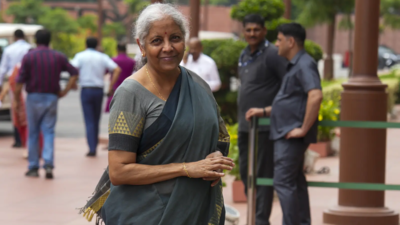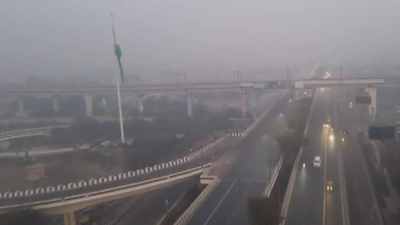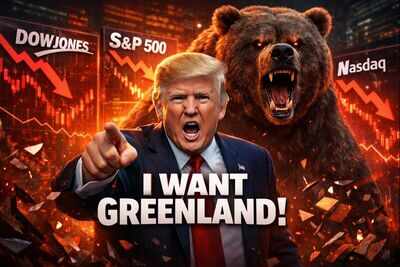Maintaining sustained eco growth govt’s top priority: FM Nirmala Sitharaman | India News

NEW DELHI: Finance minister Nirmala Sitharaman on Saturday said that sustaining economic growth remains the top priority for the government, along with providing the necessary support to the economy.At a book launch event, the minister said multilateral bodies were facing challenges and India needed to not just be part of the discussions to rework the international architecture for the next century but also be the voice of the Global South.She said the government had prioritised public investment over the last few years with Prime Minister Narendra Modi himself pushing her ministry to step up capex every year. “I believe, based on data before me, that it (investment) is one of the primary drivers of sustained economic growth. It can be higher but the level at which we have maintained investment is largely on the back of public capital expenditure. We can make sure policy on FDI is friendly and attractive enough to get more investment into India. Third, I can see states also competing to attract investments and each is doing very best,” Sitharaman said.The minister, however, indicated that companies may be sitting on large investible funds. “Is Indian private sector growing in pace with the government investment? Since 2019 once the twin balance sheet problem was addressed and corporate tax was brought down, we can see that the balance sheets of the private sector are healthier. But today, are they sitting on passive investible funds. That’s an issue on which I would want industry to speak,” she said.Asked about calls for easing restrictions on Chinese investments and business, Sitharaman sounded a note of caution. “Post-Covid and post-Galwan, for all (land) bordering countries, we had come up with ‘Press Note 3’ because we didn’t want big business happening with them. In some renewable energy areas, where the entire project was done by, say China, and there were difficulties in getting technical experts to travel to India, that to some extent was relaxed. During the US-China tariff war there was a lull,” she said.




